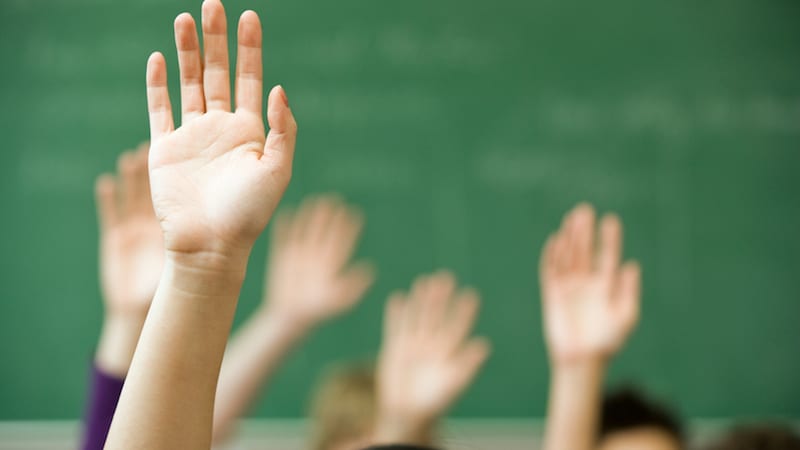Our school assembly the morning after the election was a sea of bowed, dark-haired heads, dotted with a few incongruously bright hijabs. Some generous teachers had brought their precious hoarded boxes of Kleenex, and they passed them through the crowd. The adults looked at each other with bleak, stunned faces. All day, we’d be expected to talk to these kids, to help them process their emotions and fears, and we were all in uncharted waters. Nobody expected to have this conversation.
I teach 96 seventh graders every day, and 94 of them are either immigrants or first-generation American citizens.
On the one hand, this means that political objectivity isn’t really something we’ve had to worry about this election season. On the other hand, November 9, 2016 was the most difficult day I’ve had in over a decade in the classroom.
When the kids came to my class, I let them write in their journals for ten or fifteen minutes to get their thoughts in order. Then I told them they had the rest of class to say whatever they felt they needed to say. It was mostly questions, and every class period progressed from the general—how could this happen?—to more specific fears. Can I be arrested at school if I’m undocumented? How old do I have to be to act as legal guardian for my younger siblings if our parents are deported? Will Muslims really have to register, and if so, should we try to hide?
So I answered their questions as best I could. We talked about the electoral college, and the myriad reasons people voted the way they did, and the system of checks and balances that limits the President’s power. I reassured them as much as possible, but I couldn’t tell them that everything will be okay. I can’t promise that, however fervently I wish I could. It is likely that some of them will lose family members. Some of their families will decide to leave the country to escape discrimination, relocating the kids to often-dangerous countries they’ve never so much as visited. The kids who were counting on DACA as a chance at a decent job and a life outside the shadows can give up on that, at least for now.
Their future is frightening at the moment, and I can’t pretend it’s not.
So instead, I showed them a picture of Ruby Bridges, the little girl who integrated her Louisiana school in 1960. “What do you feel when you see this picture?” I asked them. Every class’s answer was the same; she’s too little. She shouldn’t have to do this on her own. One of those serious-looking men should be smiling at her or holding her hand and making her feel safe.
“You’re right,” I told my students. “She’s too little. This job should fall on somebody else’s shoulders. When we look at you kids, this is what your teachers see. A bunch of kids we’re desperate to protect, thrown into a world too big and scary for them. Ruby Bridges was a hero. I don’t want you to be heroes. I want you to be children. I want to make you a peanut butter and jelly sandwich and give you a Spongebob bandaid for everything that hurts and send you out to play while the grownups take care of all the problems.
“But I’m wrong about that, and so are the rest of your teachers. Yes, you’re children. But you guys are the children of survivors. Your families, your parents and grandparents and those who came before them? They are fighters, or you wouldn’t be here today. You’re children, but you’re also warriors. I want to make a world for you where you don’t need to stretch the limits of your strength and courage and resilience, but that’s not the way things are going. But you have what you need to survive. You’ve already coped with situations that I couldn’t handle as an adult, much less when I was twelve.”
The times ahead look dark, but they’re nothing you can’t handle.
We looked at the picture of little Ruby, surrounded by grown men who don’t even look at her as they walk her into the building. We took in the heartbreaking hopefulness of her patent leather shoes and the expression of fearful but undaunted focus on her six-year-old face. And I told my kids, “Ruby Bridges won. She was too little, it was a fight she should never have faced, but she won. And so will you.”
We spent the day after the election grieving together, for a future that is suddenly on hold for many of my students. Then, we got back to work. My kids will be reading and writing and honing their voices so that they can be heard by those in power. They will walk into my school every day in an uncertain and frightening world, but they will do it with their heads held high. So watch out, Ignorance, and Bigotry, and Fear. My kids are coming for you. And they are warriors.
